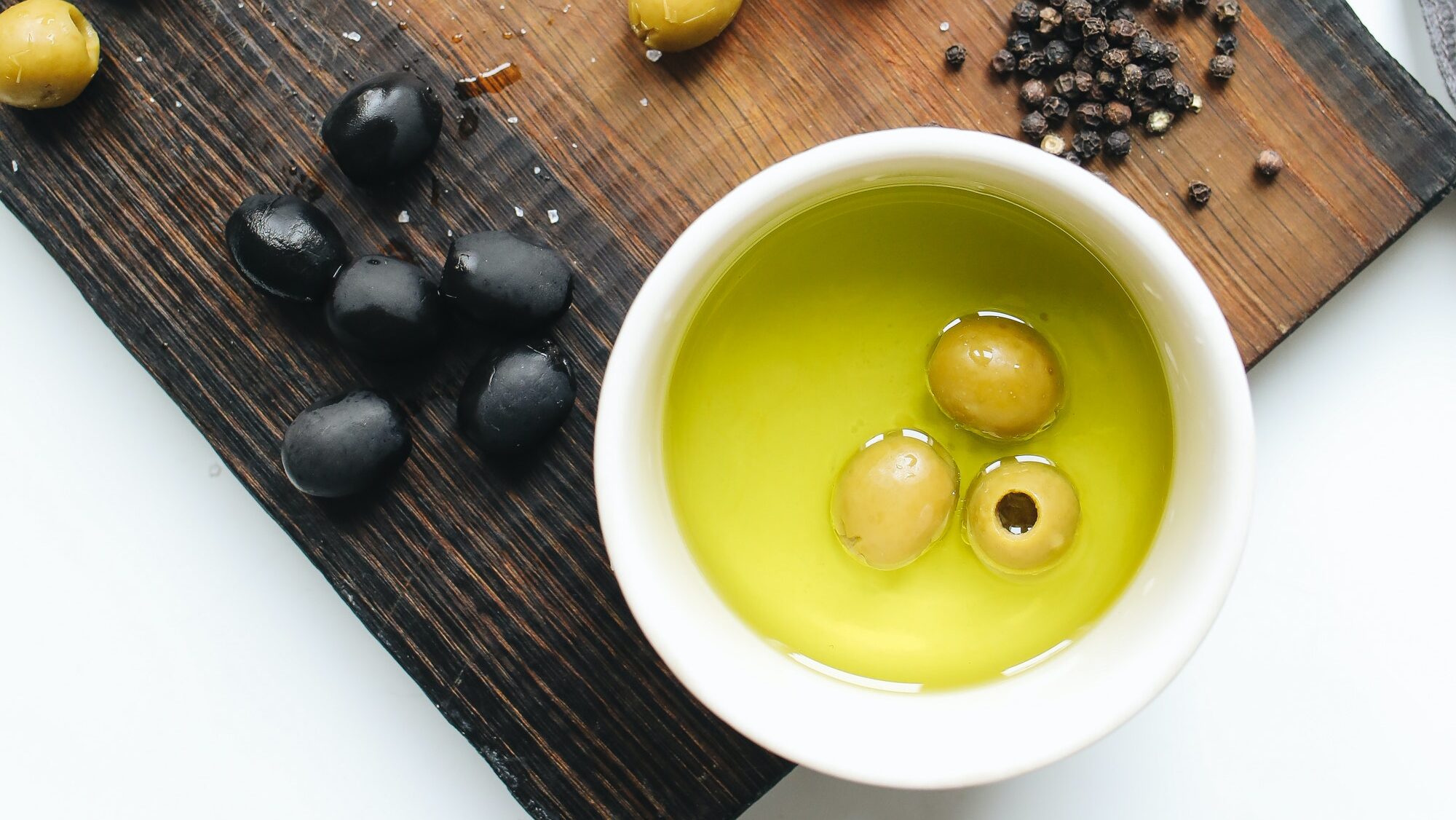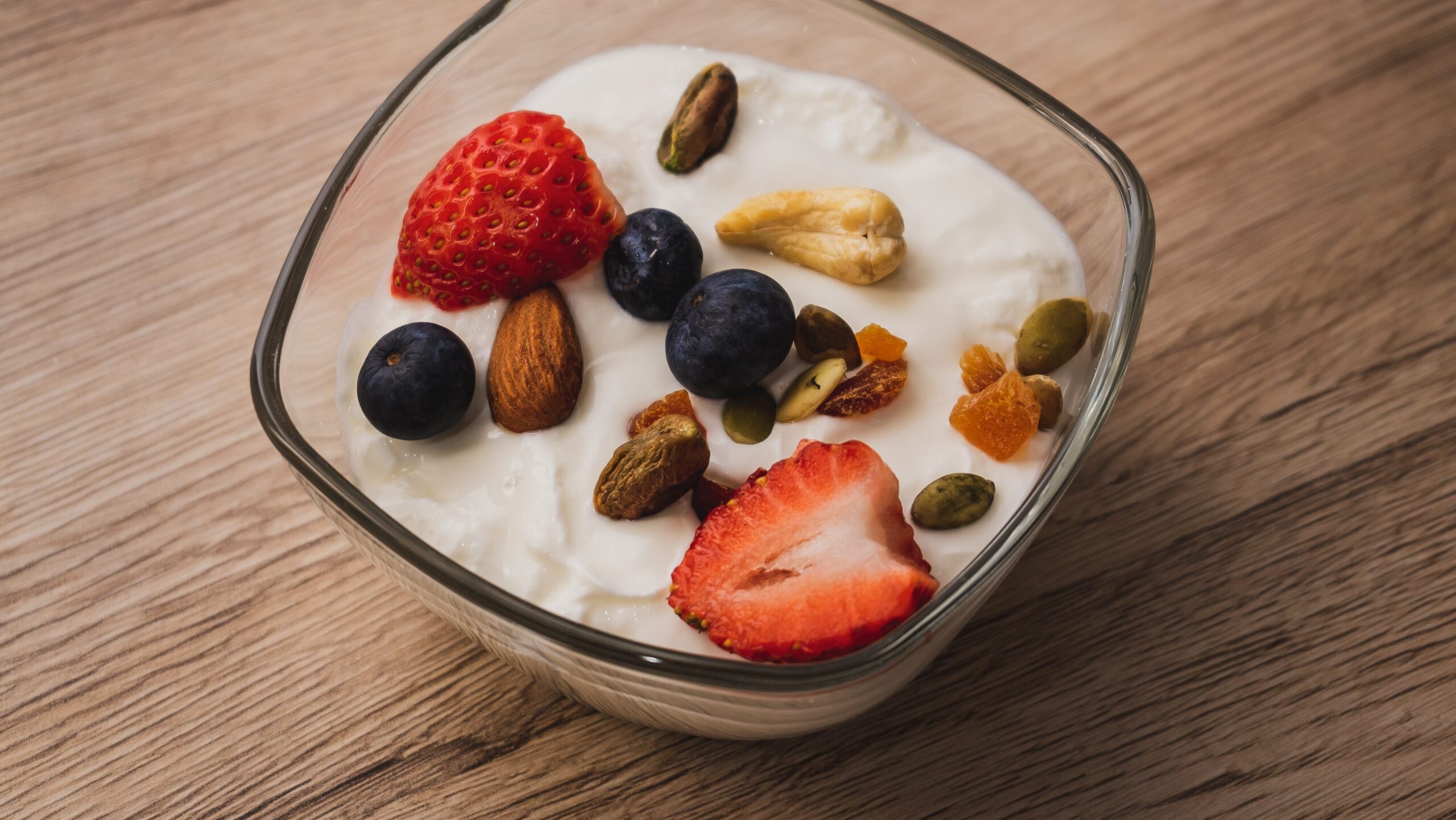For so long fats have been portrayed to be harmful to health. All fatty meals were regarded to be bad and should be avoided on our plates. Though, some of the research done lately reveal the opposite. This is not entirely accurate because there are meals that contain healthy fats that nourish our bodies. Recent studies indicate that eliminating this essential macronutrient from your diet is not healthy. This is due to the fact that your body needs fat to conduct a variety of essential activities.
Healthy fats are essential for your organs, hormone function, and physical and mental performance, and individuals who follow a high-fat, low-carb diet like Atkins, the ketogenic diet, or even the Mediterranean diet see the difference right away.
These fatty meals raise HDL, or good cholesterol, in our bodies, which does not hurt us; rather, it maintains our hearts healthy, gives us energy, and keeps our skin shining. If you haven’t already started eating these foods, now is the time to start and get the advantages. In this article, we’ve compiled a list of the top nine foods high in healthy fats.
1. Almonds

Almonds have been linked to a decreased risk of heart disease by reducing total and LDL cholesterol and exhibiting anti-inflammatory and antioxidant properties. Plant sterols, such as those contained in almonds, may interfere with cholesterol and bile acid absorption, and the significant quantity of unsaturated fat in almonds promotes a better lipid profile, especially when this diet replaces other foods heavy in saturated fat and refined carbohydrates. Almonds also include phytonutrients, which help the formation of good intestinal microorganisms. Controlled research has demonstrated that consuming nuts, in general, helps reduce inflammation, support healthy blood vessels, and lower insulin resistance.
Interestingly, despite the fact that nuts are high in calories, research does not indicate a relationship between nut consumption and weight gain. In fact, they have been linked to decreased weight gain and a lower risk of obesity, probably because of the fat and fiber content, which aids in feelings of contentment and fullness. (Source)
Try it: Raw or roasted, salted or unsalted, plain or flavored—there are a lot of great almond options at the supermarket. Enjoy a big handful on their own or in trail mix, cereal, and salads.
2. Olive Oil

Olive oil, one of the greatest oils to incorporate into your diet, is also high in healthy fats derived from monosaturated fats. The greater the quantity of oil, the greater the advantages. Choose extra virgin olive oil for the greatest outcomes, but if it is too pricey, consider lower-cost alternatives. A tablespoon of olive oil has 15 grams of beneficial fats, so you don’t need much of it every day. (Source)
Also Check:- This free ebook to use Super Foods to get better health
3. Peanut butter

Many people like peanut butter and jelly sandwiches, which are also nutritious snacks due to the excellent fats in peanut butter. Peanut butter has half of its calories from fat, which is made up of saturated, polyunsaturated, and monosaturated lipids. It also contains a little quantity of protein and fiber. So go ahead and eat a teaspoon of peanut butter without worrying about the calories.
4. Dark chocolate

One reason to consume dark chocolate every day without feeling bad is that it contains healthy fats. Choose dark chocolate that contains 70% cocoa and you’re ready to go. Dark chocolate contains antioxidants and other nutrients in addition to lipids. Consume two to three pieces of dark chocolate every day to increase your fat intake.
5. Avocados

Avocados are now widely accessible and are one of the healthiest fruits to consume due to their high fatty content. They are high in calories but also high in nutrients, so you can have one avocado every day without feeling bad. Avocados’ fatty content is beneficial to your heart, eyes, and skin. You may even create guacamole to use as a dip or spread over toast to consume in the morning.
6. Cheese

Despite its dubious image, cheese is surprisingly healthful.
It is high in calcium, vitamin B12, phosphorus, and selenium, as well as many other minerals (6Trusted Source).
It is also high in protein, with one ounce (28 grams) of cheese containing 6 grams, nearly as much as a glass of milk (6Trusted Source, 7Trusted Source).
Cheese, like other high-fat dairy products, does not appear to raise the risk of heart disease when compared to reduced-fat dairy, as was previously assumed. (Source)
7. Eggs

Everyone knows that eggs are a cheap and convenient source of protein. If you don’t discard the yolk, they’re also a good source of fat. Six grams of fat are included in one extra-large whole egg. Although some individuals prefer solely egg whites, the yolk has a rich taste as well as vital vitamins and minerals such as selenium and choline. (As for cholesterol in egg yolks: According to the most recent nutrition study, egg yolks can be included in a balanced diet and do not normally have a substantial influence on cholesterol levels.)
Try it: How can you not eat eggs? Break them up. They’ve been poached. Cook them. Frittata to your heart’s content. Basically, you have choices here.
8. Fatty fish

Fatty fish is usually considered to be one of the most nutritious animal protein sources. Salmon, trout, mackerel, sardines, and herring are examples of such fish.
These fish are abundant in omega-3 fatty acids, high-quality protein, and a range of vitamins and minerals (20Trusted Source, 21Trusted Source).
According to research, eating fatty fish on a daily basis may improve cognitive performance, assist control blood sugar levels, and lower the risk of heart disease. (Source)
If you can’t (or don’t want to) consume fish, a fish oil supplement may be beneficial. The finest fish liver oil is cod liver oil. It provides all of the omega-3 fatty acids you require, as well as lots of vitamin D.
9. Full-fat yogurt

Full-fat yogurt can be high in nutrients. It has all of the same essential elements as other high-fat dairy products.
However, it is also high in good probiotics, which can have a significant impact on your health.
According to research, yogurt can aid with weight control and lower the risk of heart disease (33Trusted Source, 34Trusted Source, 35Trusted Source).
Furthermore, evidence indicates that full-fat dairy has no detrimental health impacts when compared to fat-free or reduced-fat dairy. (Source).
It’s critical to buy full-fat or whole-milk yogurt with little to no added sugar.

